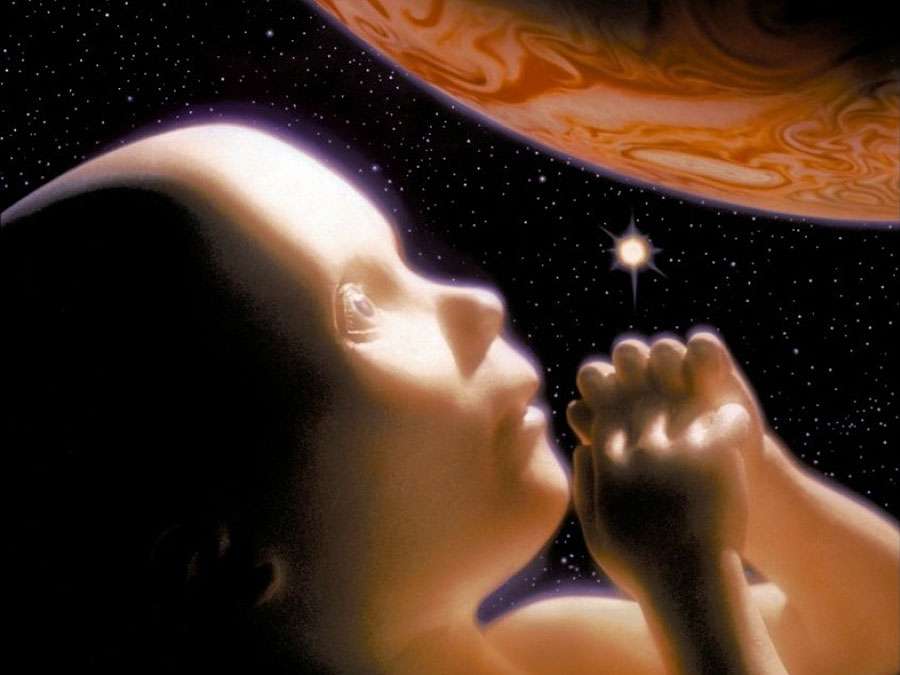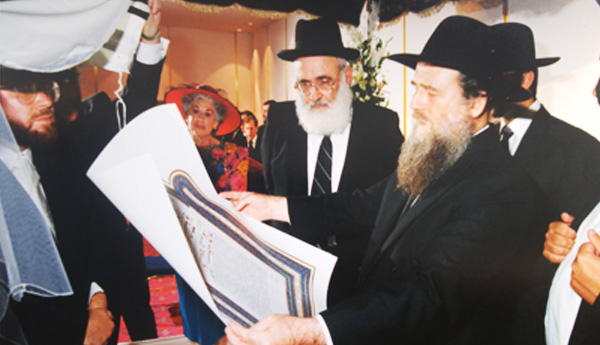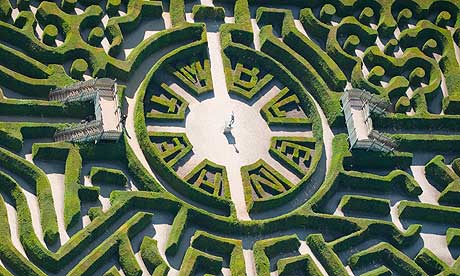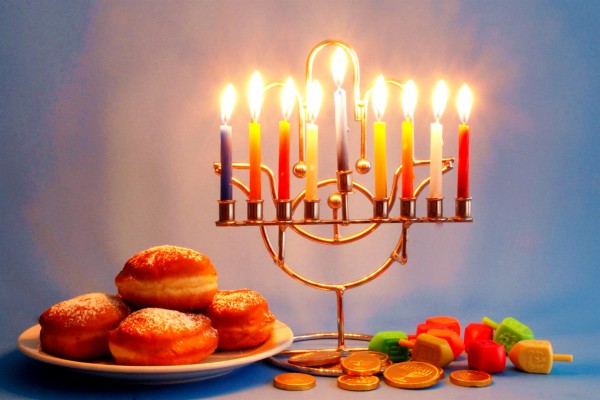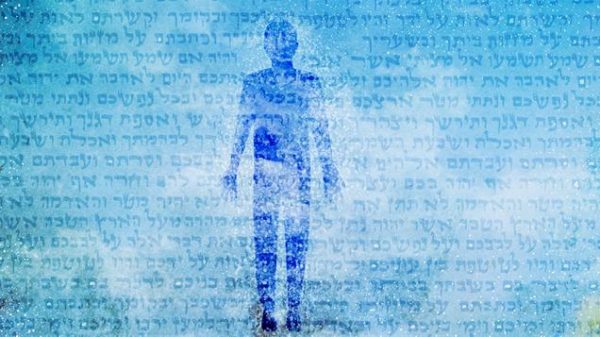Click here to download PDF
Moshe’s Birthday & Lifespan
This week’s Parsha opens up with the day of death of Moshe. He stresses that he completed a hundred twenty years and hence is dying on his birthday. There is great significance to the fact that he is both a hundred twenty years old and dying on his birthday. The gemara (Megilla 13B) says that when Haman threw the lots and they came out on the month of Adar he was very happy. He knew it was the month that Moshe died but “he did not know that on the 7th Day of Adar he died but he was also born on the 7th Day of Adar”. Seemingly, logic is on Haman’s side! Moshe ultimately died on the 7th of Adar! It did not end well! What is the significance that 120 years prior to that he was born then? The Gemara in Chullin (139b) is looking for an allusion to Moshe even before he was born. The Gemara brings the Pasuk (Bereishis 6:3) “Hashem said I shall not contend with man forever “B’shegam”- in that additionally he is flesh and his days will be a hundred and twenty years” the Gemara points out that the word “B’shegam”- in that additionally is the same numerical value as Moshe (345). Rashi on the Gemara says that the continuation of the pasuk also alludes to Moshe, as Moshe lived 120 years. The 120 years that Hashem gave as a grace period for the world to repent and avoid the flood alludes to Moshe’s 120 years of life! What is the connection between Moshe and the decree of the flood, particularly in such an unflattering way, talking about how man is a weak creature flesh? What does the hundred twenty years Hashem waited have to do with the hundred twenty years that Moshe lived?
Shabbos & Teshuva
This year, parshas Vayelech is also Shabbos shuva, the Shabbos before Yom Kippur when we read the haftorah about doing Teshuva. We use this Shabbos to prepare for Yom Kippur. There seems to be an inherent connection between Shabbos and doing Teshuva. The Midrash (Bereishis Rabbah 22:13) says that after years of separation Adam and Kayin met. Adam asked Kayin: “what happened in your trial [over the murder of your brother]?” Kayin answered: “I did to Teshuva and got a compromise (that he did not have to be executed rather would just go into exile)” Adam stated hitting himself and said: “That is the Power of Teshuva and I didn’t know!” Adam got up and said: “Mizmor Shir l’yom haShabbos”. Shabbos is inherently connected to Teshuva, but what is that connection?
Why is Shabbos a ‘Gift’?
Chazal tell us (Shabbos 10b) that Shabbos is a “gift” that Hashem gave to the Jewish people. The question is: What is Shabbos other than Saturday that the whole world has? What stops the rest of the world from taking a day off from work like we do? What is the ‘special gift’ that’s only for us beyond that we are commanded to rest? The word Shabbos does not mean “rest”, it means to “cease”. The Pasuk (Bereishis 2:2) says: “Hashem completed on the 7th Day his work He had done, and He “Shovas”-ceased on the 7th Day from all the work that He has done”. If He finished then of course he ceased! What is the ‘cessation’ of work above and beyond the finishing of the work?
Out of the Box
Shabbos is not to ‘loaf around’ because you have nothing to do. You finish everything you have to do before Shabbos. The pasuk goes on to say, “Hashem blessed the seventh day and Sanctified it”. “Blessed” means ‘more‘. “Sanctified” means ‘beyond’. Both terms imply “being out of the box”. If you’re still “in the box” there is as much as there is, there isn’t ‘more’. If you’re still “in the box”, you’re not ‘beyond’. Shabbos is above and beyond the world of work and activity. The nations of the world have Saturday and they could take off from work and abstain from creative activity like we do, but they don’t have Shabbos! They never leave the “box” of this world. We get ‘beyond’! This is something physically impossible as we are physical beings confined to the physical three dimensions, and that’s why it must be a gift from Hashem.
Shabbos – microcosm of Destiny
Just like it is this way in the micro so also in the macro. The Gemara (Sanhedrin 93a) says the world will last for six thousand years and in the seventh Millennium it will be desolate. In the seventh Millennium this world ceases. When the world ‘shuts down’ in the seventh Millennium all evil will cease to exist. In the 8th Millennium the world is recreated only with good and no evil whatsoever. This happens weekly in a way that our eyes cannot measure. From a spiritual perspective physical reality and all evil is ‘shut down’ on Shabbos (Zohar Teruma 135a-b) and the world is renewed on a higher level come the next week, building up an energy for the great transmutation that there will be in the seventh millennium (Derech Hashem section 4, 7:2) . We the Jews have the gift of being able to enjoy getting passed the physical on Shabbos, but the goyim never get past this world.
Teshuva -Tapping into Shabbos
Adam knew what Shabbos was. He experienced having a Grace Period and being allowed to stay in Eden over Shabbos. He never saw Darkness until Shabbos went out and that’s when he was forced to invent fire. He then realized that Shabbos is different from all other days and instituted saying ‘Havdala’ (shochar Tov, 92). He knew that Shabbos is purely Hashem’s doing and Hashem will fix the world week by week until the end. But that’s Hashem fixing everything! How can man who is stuck within the physical world and within his sins fix himself? Then he met Kayin, and Kayin and told him about the concept of Teshuva. Adam realized that man can tap into the power of Shabbos! Just like Shabbos shuts down the profane and allows the possibility to get beyond, so also Teshuva is to take power from Shabbos, apply it to oneself to shut down and get past his evil deeds and contamination he brought upon himself and the world. The words ‘Shabbos’ and ‘Teshuva’ a common root of “shav”- to return. On Shabbos the profane is shut down so the world could go back to Hashem unfettered by the limitations of physicality and Evil. When Adam realized that man could tap into the power of Shabbos to extricate himself from all the ill effects of his wrongdoings he said “Mizmor Shir l’yom HaShabbos” as he realized “Teshuva” is an extension and application of the power of Shabbos.
Jews Goyim and Reb Elchonon’s Kushya
There’s a famous question attributed to Rav Elchanan Wasserman ZT”L HY”D: Teshuva is considered to be a tremendous KINDNESS from Hashem. What is the major kindness when in Jewish law there is a simple equivalent: If a person is “Toheh al harishonos”-regrets doing a Mitzvah he loses the reward of that mitzvah. It should follow that if a person regrets wrongdoing he should ‘lose’ the punishment of that wrongdoing. That’s Torah law, so what’s the kindness? One of the several answers to this question is: Teshuva is not about escaping penalty alone, it’s about getting past the sin so that it’s no longer in you or in the world! Rav Tzadok HaCohen of Lublin points out that seemingly goyim have Teshuva also as per the story of Ninveh in the book of Yona. He differentiates by saying that goyim’s Teshuva only helps them escape penalty, it doesn’t expunge the sin and the contamination it caused! Their Teshuva is truly nothing more than regretting one’s actions. If it works to lose reward, it works to ‘lose’ punishment. Jewish teshuva actually expunges the evil! why is there this difference? Because we have Shabbos and they don’t! Just like Shabbos shuts down the profane so as we can get beyond so also Jewish Teshuva has the power of Shabbos to expunge all evil, because Shabbos was gifted to us.
Rebirth
The day a person’s earthly life is shut down should be his personal Shabbos. It should be the day he gets “out of the box” to a higher reality. This is alluded to in the first Rambam in the 7th chapter of the laws of Teshuva: “since man has control over himself, as we have explained, man shall endeavor to do Teshuva and to confess verbally his sins and to wipe his hands of his sins so as he should die as a ‘Baal Teshuva’ and merit the life of Olam Haba”. The stress is “make sure to die as a Baal Teshuva”. The day you die is not the day that your existence is terminated, it’s the day that you actually RETURN (“Shav”) to Hashem, if you use the power of Teshuva. This is the significance of Tzadikim like Moshe dying on their birthday. The day the Tzadik dies is actually the day he’s Reborn. They get over the edge of their physical existence to attain a higher reality. The Gemara (Sota 13b) says: “Moshe did not die but rather he rose and now serves in heaven”. It looks like death only from our vantage point because he’s not with us here anymore but on this day he actually obtained a higher level (Rambam intro to Peirush Hamishnayos). This is what Haman didn’t realize: when Moshe ‘died’ his power did not cease – he was reborn! That’s what the Gemara means: “on the 7th of Adar he was born” – not on the 7th of Adar 120 years earlier, but rather on the same 7th of Adar he ‘died’ on! He was reborn to exist on a higher level “to serve in heaven” and thus be eternally connected to the Jewish people from there.
Moshe’s Legacy
The Pasuk says (Devarim 33:4) “Torah was commanded to us by Moshe an inheritance onto the Assembly of Yaakov”. Torah is Moshe’s inheritance to the Jewish people. My Rebbe Maran HaGaon HaRav Moshe Shapira ZT”L pointed out that ‘inheritance’ is triggered by death. Moshe is always giving to us – even in ‘death’ he is “Moshe our teacher”. The great thing that Moshe bequeathed upon his death was his 120 years. The pasuk that alludes to Moshe before he was born was a seemingly very unflattering pasuk talking about the limitations of man’s flesh and that he has a hundred and twenty years to do Teshuva or perish in the flood. Moshe taught us by example that man can transcend the Flesh and become as holy as an angel – and that’s the power of teshuva! We can get over the edge of the Flesh and sin and be liberated from it. Mankind had a hundred twenty-year opportunity to do Teshuva. They failed to grab that opportunity and the world was destroyed – for the constructive purpose of having it reconstructed as a world that could have Moshe and the Torah. That 120-year opportunity to do Teshuva became Moshe’s 120 years of life and he bequeathed it to us! He gave us the power of Teshuva. Those 120 years are permanently the inheritance of the Jewish people. We can always do Teshuva and get past all our wrong doings. That is why Moshe says repeatedly: “after my death you will do evil…” seemingly without any message of consolation! Moshe was saying: “after my death, when I bequeath to you the hundred twenty years that I completed today, you will always have the power to get out of your sins”.
Shabbos & Moshe
We have the power of Shabbos and we have the power of Moshe’s hundred twenty years which is an internalization of the hundred twenty years of grace. These two factors reinforce each other. The midrash parshas ki-sisa says that on Shabbos Moshe Returns the crowns of “Naaseh” & “Nishma” to the Jewish people. Moshe shares his power with the Jewish people on Shabbos and that is the secret as to why we mentioned Moshe in the Shacharis of Shabbos.
Yom Kippur – Future in the Present
Yom Kippur is an awesome day of expunging evil – even here and now in a tangible way! It’s like having the future even in the present. That’s what the Rambam alludes to when he says and the laws of Teshuva (2:7): “Yom Kippur is a time of Teshuva for all, for the individual and for the public, and it is the edge (“KETZ”) of forgiveness for the Jewish people therefore everyone must do Teshuva and confess on Yom Kippur”. It like the future –over the edge of time (“ketz hayamim”) that passes to pure forgiveness like in the future when all will return to Hashem. Yom Kippur is like having the future in our own days, once a year! That is why the Pasuk refers to it as: “Shabbos shabbaton”- a double Shabbos (Vayikra 16:31). It is truly “Shabbos squared” and it is all credited to us because we create it with the power of the Jewish calendar! Where did we get all this power from that we Infuse into Yom Kippur to give it this power of being like the future in our own lifetime? We draw the power from Moshe and from Shabbos in general and from Shabbos Shuva in particular! This gives us the power to create our own type of Shabbos reminiscent of the “big Shabbos” in the future when will all evil will cease. That’s what the Gemara says that “HaSatan”-the satan is numerical value of 364 – but there are 365 days the solar cycle – the 365th day is Yom Kippur where there is no Satan! It is literally a day like the future and we absorb that power from this Shabbos and from Moshe to make this “Shabbos squared” a Shabbos that truly is “over the edge” and reminiscent of the future where all evil is Vanquish and expunged from reality.

